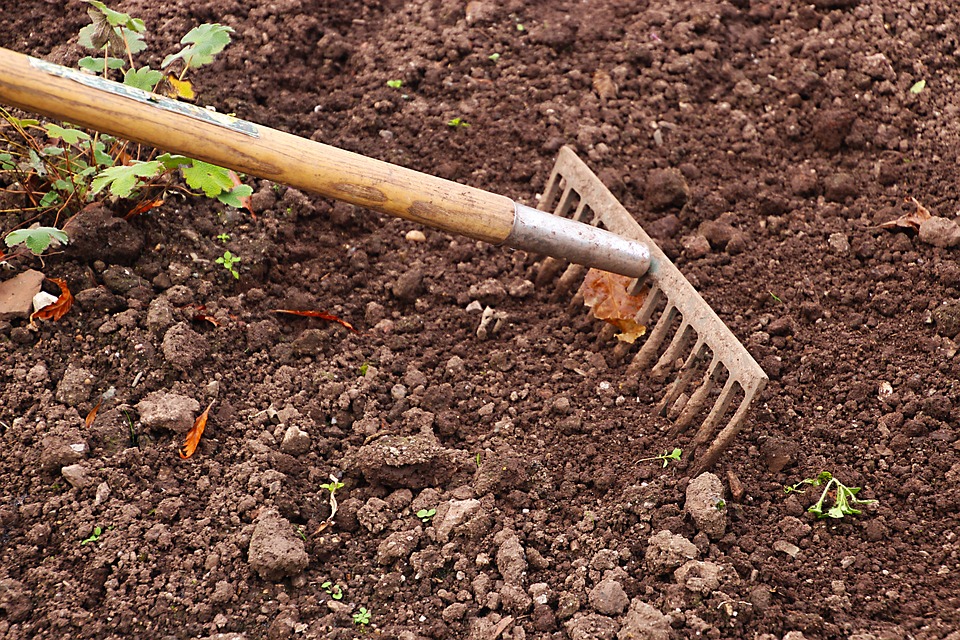Introduction
Creating a thriving garden goes beyond just planting beautiful flowers or delicious vegetables. The key to successful gardening lies in mastering the art of soil care. By understanding the significance of soil health and implementing proper care techniques, you can ensure the growth and vitality of your garden. In this article, we will explore the essential aspects of soil care and provide tips to help you create a lush and thriving garden.
The Importance of Soil Health
Healthy soil serves as the foundation for a thriving garden. It is responsible for providing the essential nutrients, moisture, and support that plants need for optimal growth. Understanding the composition of your soil is the first step towards soil care. Testing the pH level and nutrient content of your soil will help you determine its suitability for different types of plants and identify any deficiencies that need to be addressed.
Improving Soil Structure and Composition
Poorly structured soil with inadequate drainage can hinder plant growth. To improve soil structure, add organic matter such as compost or well-rotted manure. This will increase the soil’s ability to retain moisture and nutrients while promoting root development. Additionally, incorporating organic matter helps maintain a balanced soil pH, creating favorable conditions for plants.
Providing Adequate Nutrients
Plants require a range of nutrients for healthy growth, including nitrogen, phosphorus, and potassium. Regularly nourishing your soil with organic fertilizers or amendments rich in these nutrients will help replenish any deficiencies and provide a suitable environment for plants to thrive. It is important to understand the specific needs of your plants and adjust the nutrient content accordingly.
Watering Practices
Adequate watering is crucial for plant health, and it is essential to strike the right balance. Overwatering can lead to waterlogged soil, which deprives plant roots of oxygen and can cause root rot. On the other hand, underwatering can result in stunted growth and diminished vitality. Take into account the specific water requirements of different plants and adjust watering schedules accordingly. Mulching can also help retain soil moisture and reduce evaporation.
Weed Control and Soil Protection
Weeds compete with plants for resources and can impact soil health. Regularly removing weeds, either by hand or through mulching, will prevent them from overtaking your garden. Mulching not only suppresses weeds but also helps protect the soil from erosion caused by wind or heavy rain. By implementing effective weed control and soil protection measures, you can create an environment where your plants can thrive.
FAQs Section
Q: How frequently should I test my soil?
A: It is recommended to test your soil every 2-3 years to monitor its nutrient levels and pH. Testing can help you determine if any adjustments or amendments are needed to enhance soil health.
Q: Can I use chemical fertilizers instead of organic matter?
A: While chemical fertilizers can provide nutrients, they can also have detrimental long-term effects on soil health. Organic matter helps improve soil structure and adds beneficial microorganisms, making it a more sustainable option.
Q: How often should I water my plants?
A: The frequency of watering depends on several factors, including weather conditions, plant species, and soil type. Monitor the moisture level of your soil and aim to water deeply, allowing the water to reach the plant’s root zone. Avoid frequent shallow waterings, as they can encourage shallow root growth.
Q: What are some effective methods for weed control?
A: There are several methods for weed control, including hand-pulling, hoeing, mulching, and using natural herbicides. Employing a combination of these methods will help keep weeds at bay and protect your soil.




